We advise all our customers to use lead shot for as long as it is possible to do so, in whatever shooting context they participate. If, or when, lead is removed as an option, we advocate bismuth shot as a ready-made alternative.
Lead is better; having a density of 11.32 g/cm3 compared to that of bismuth, which is 9.7 g/cm3 (making bismuth about 85% the density of lead). However, it is the closest lead alternative currently available in terms of performance and it can be substituted for lead without the need to alter the gun in any way.
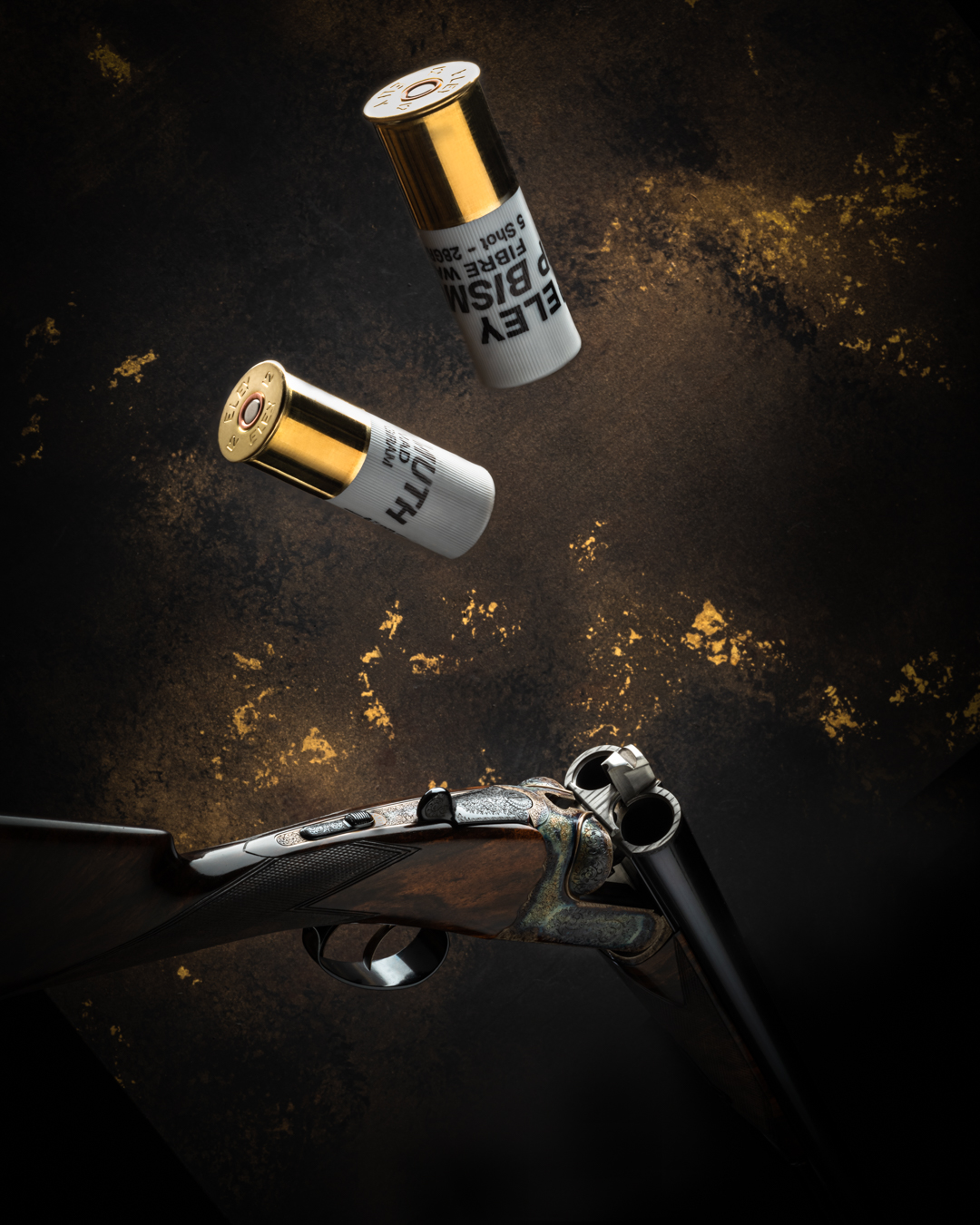
The bismuth shot commonly loaded into cartridges is actually an alloy, with tin providing the malleability that bismuth lacks. Because it weighs less, we recommend buying a shot size higher than your usual lead choice and a cartridge two grams heavier to make up in pattern density what you lose by going up a shot size.
By making this adjustment, a bismuth 32g load of No.5 shot should perform just as well as your usual 30g load of No.6 lead shot. You will have to pay a little more but you can rest-assured that your valuable shotgun is not going to be damaged and feel confident that your game is going to be killed cleanly.
Despite claims of suitability coming from many interested parties, the use of steel shot in gun barrels not made for steel shot is not yet sufficiently well documented or tested to provide unequivocal data confirming that your gun will still be in the same condition it is now once you have fired 10,000 standard steel shells through it.
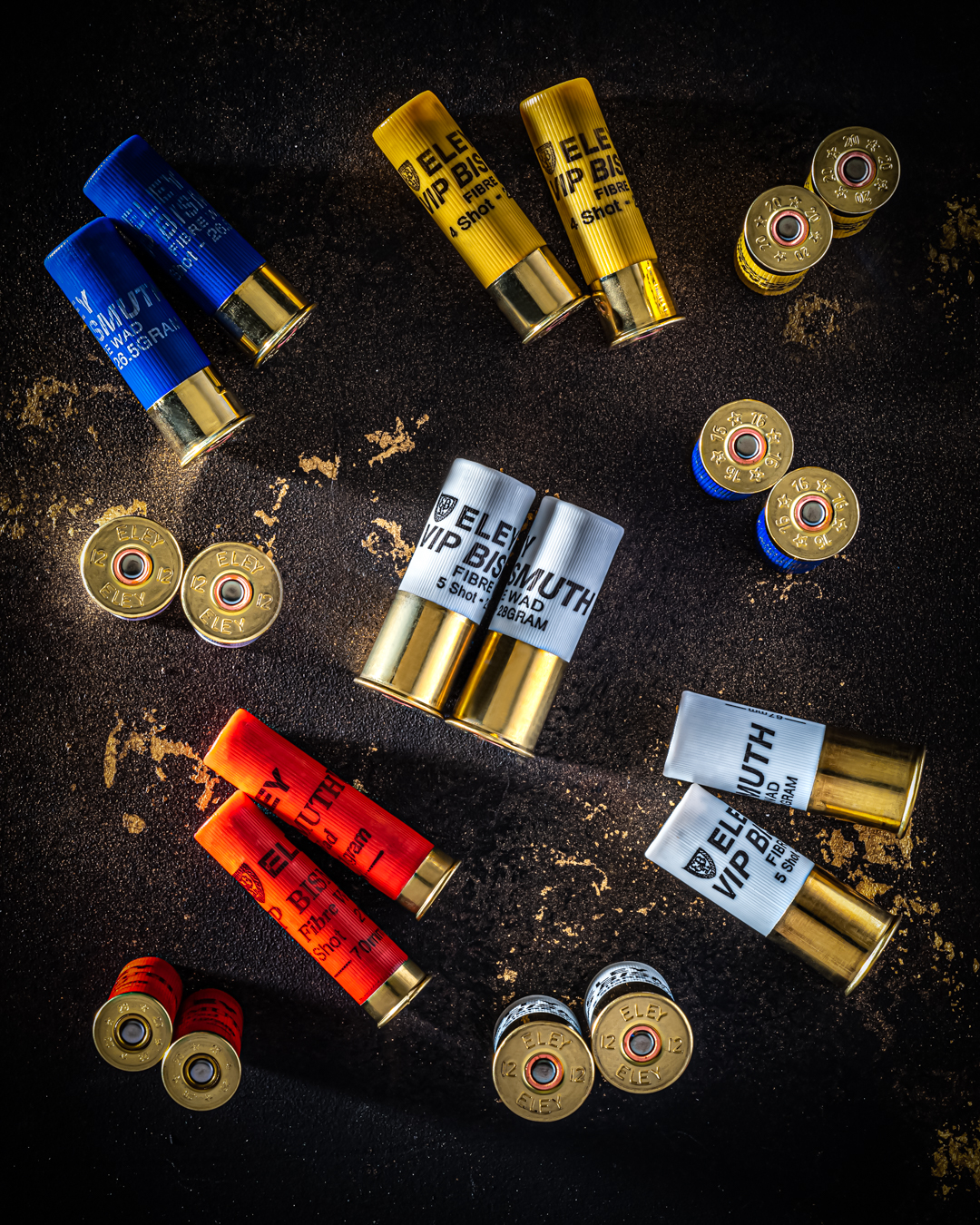
It may be that in the future, when this data is available, we adjust our advice and recommend that steel shot (or one of the other new compounds currently under development) be used in our guns. Until then, we are advising that only bismuth be used.
There is a cost implication*.
- A premium lead cartridge (Gamebore Regal) now costs £366 per thousand.
- A standard steel cartridge (Eley Grand Prix Traditional Steel) is £449 per thousand.
- A bismuth cartridge (Eley VIP Bismuth) is £1,299 per thousand.
To simplify that cost calculation, the price per shot in these equivalents is; lead 36p, steel 44p and bismuth 1.29p. That means if you shoot a good quality two-hundred-bird day, on which you get the average amount of shooting (which in a team of eight guns would be twenty-five birds to your gun) and you shoot averagely; meaning four shots to one bird, you will fire one hundred cartridges. With lead, your cartridge bill would be thirty-six pounds, with steel it would be forty-four pounds and with bismuth it would be one hundred and twenty nine pounds. That means by switching to bismuth from lead, your day will cost an extra ninety-three pounds.
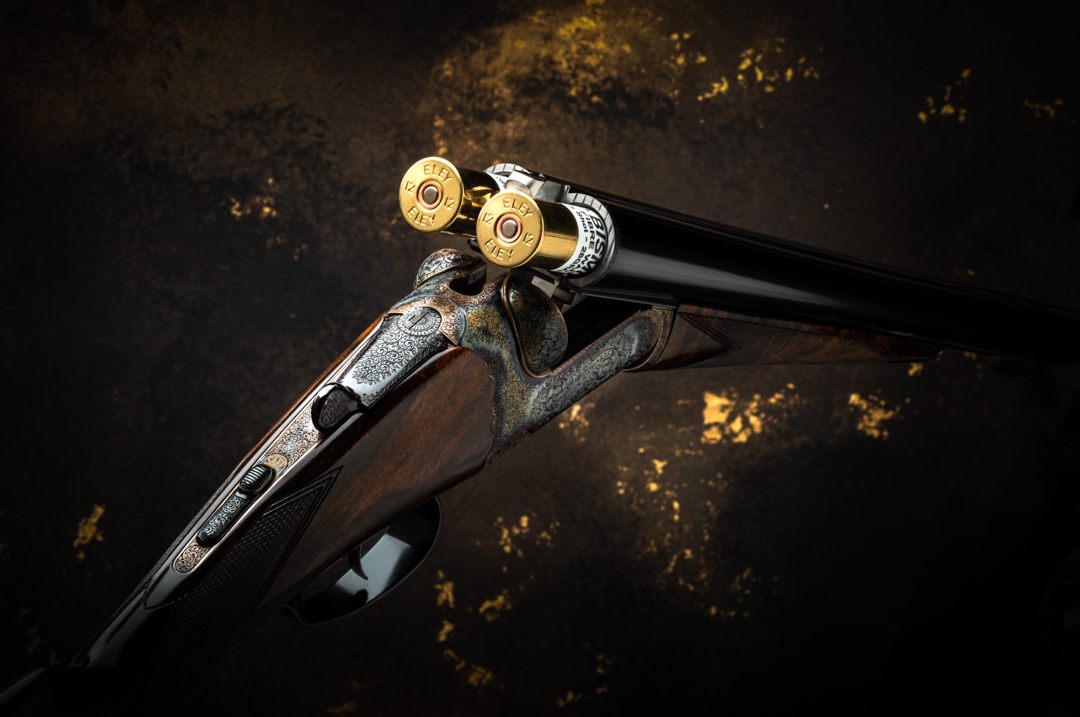
To put that ninety-three pounds into perspective, a decent two-hundred bird day will comfortably cost a thousand pounds and your shotgun is probably worth several thousands, if not tens of thousands.
It is simply a false economy to save ninety-three pounds on your day’s shooting, yet risk damaging an asset worth untold multiples of that figure. Since lead shot is not currently under threat for use on clay shoots, we advocate practice with lead and a switch to bismuth when live quarry is involved.
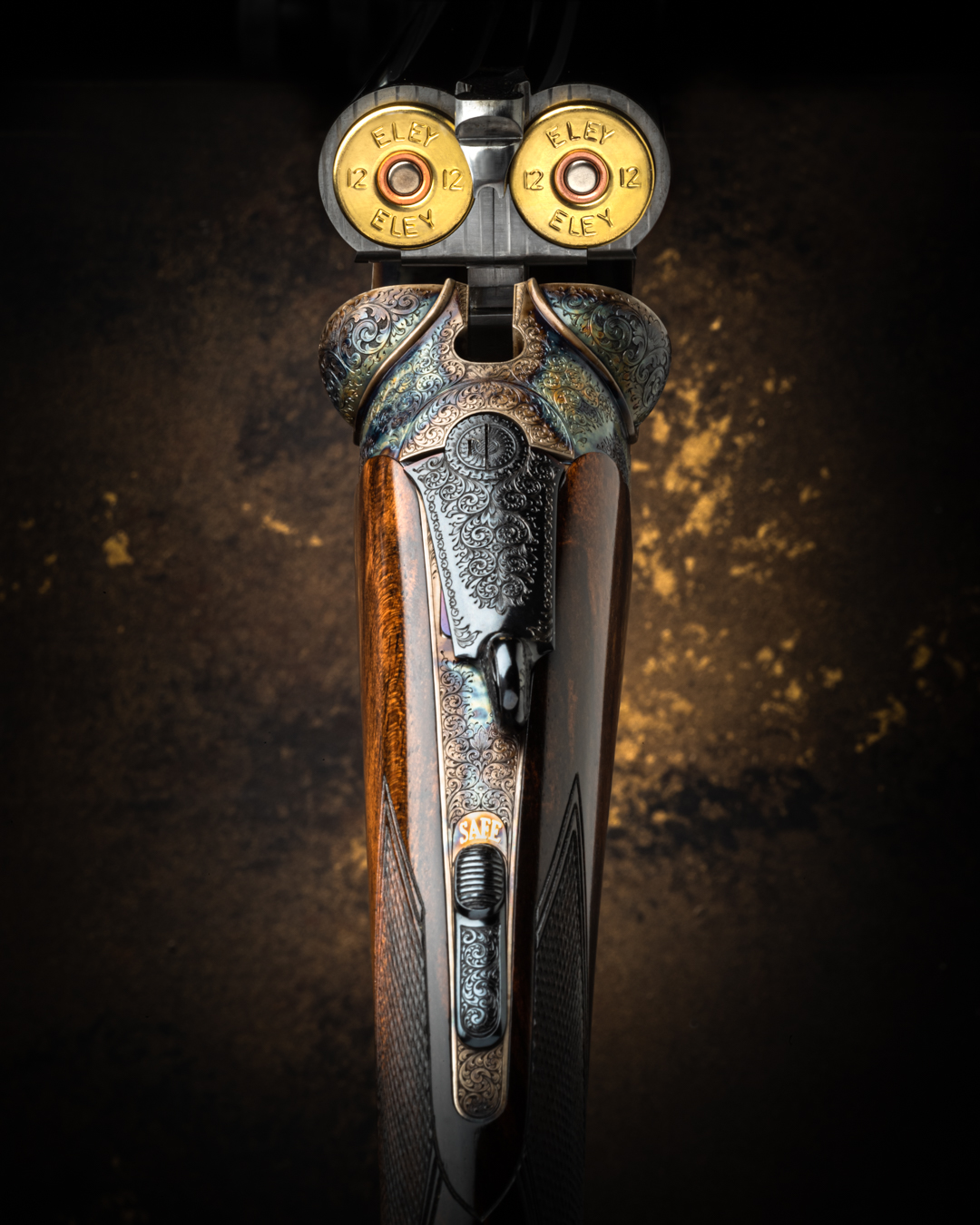
Like everyone in the industry, we are hopeful that technology will solve the problem and that we will, in time, have cheap, effective alternatives to lead, which prove to be harmless to traditionally-made shotgun barrels.
It is the barrels that impart so much of that fabulous handling quality into the guns we love and shoot. We should look after them; and that means, for now at least, picking up the ‘phone and ordering a few slabs of bismuth in cartridges of the appropriate case length, swallowing the cost and getting on with enjoying our season.
*Correct at time of writing.
The Explora Blog is the world’s premier online journal for field sports enthusiasts, outdoor adventurers, conservationists and admirers of bespoke gunmaking, fine leather goods and timeless safari clothes. Each month Westley Richards publishes up to 8 blog posts on a range of topics with an avid readership totalling 500,000+ page views per year.
Blog post topics include: Finished custom rifles and bespoke guns leaving the Westley Richards factory; examples of heritage firearms with unique designs and celebrated owners like James Sutherland and Frederick Courtenay Selous; the latest from the company pre-owned guns and rifles collection; interviews with the makers from the gun and leather factory; new season safari wear and country clothing; recent additions to our luxury travel bags and sporting leather goods range; time well spent out in the field; latest news in the sporting world; and key international conservation stories.

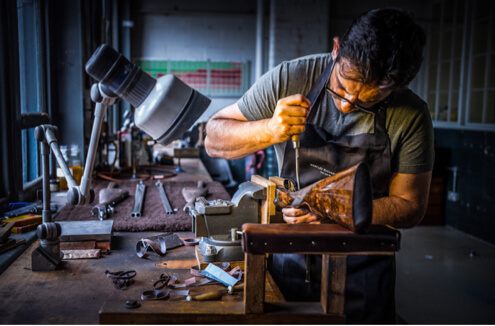
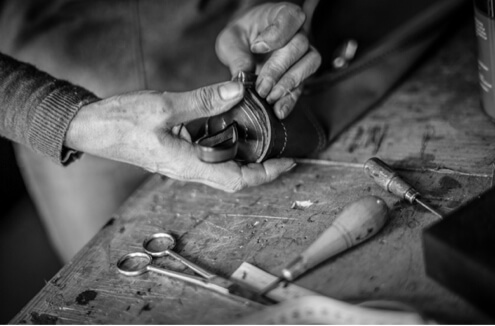
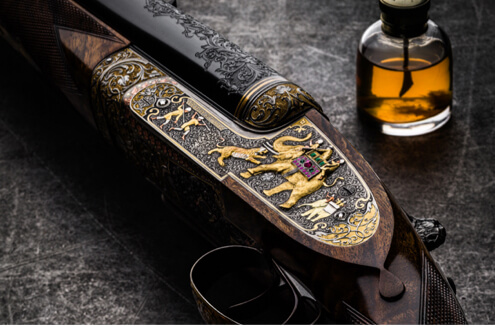
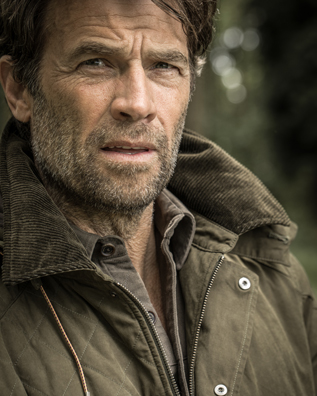
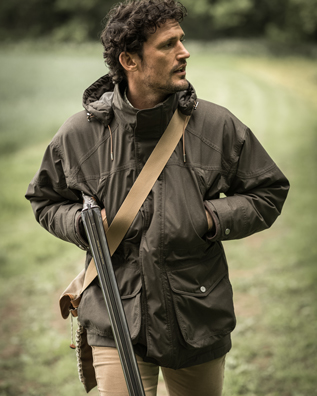
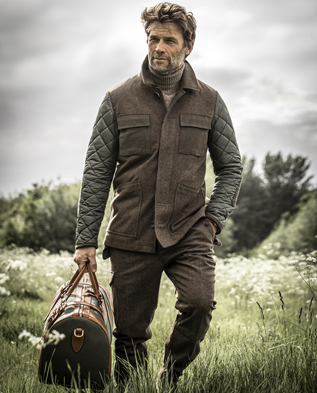
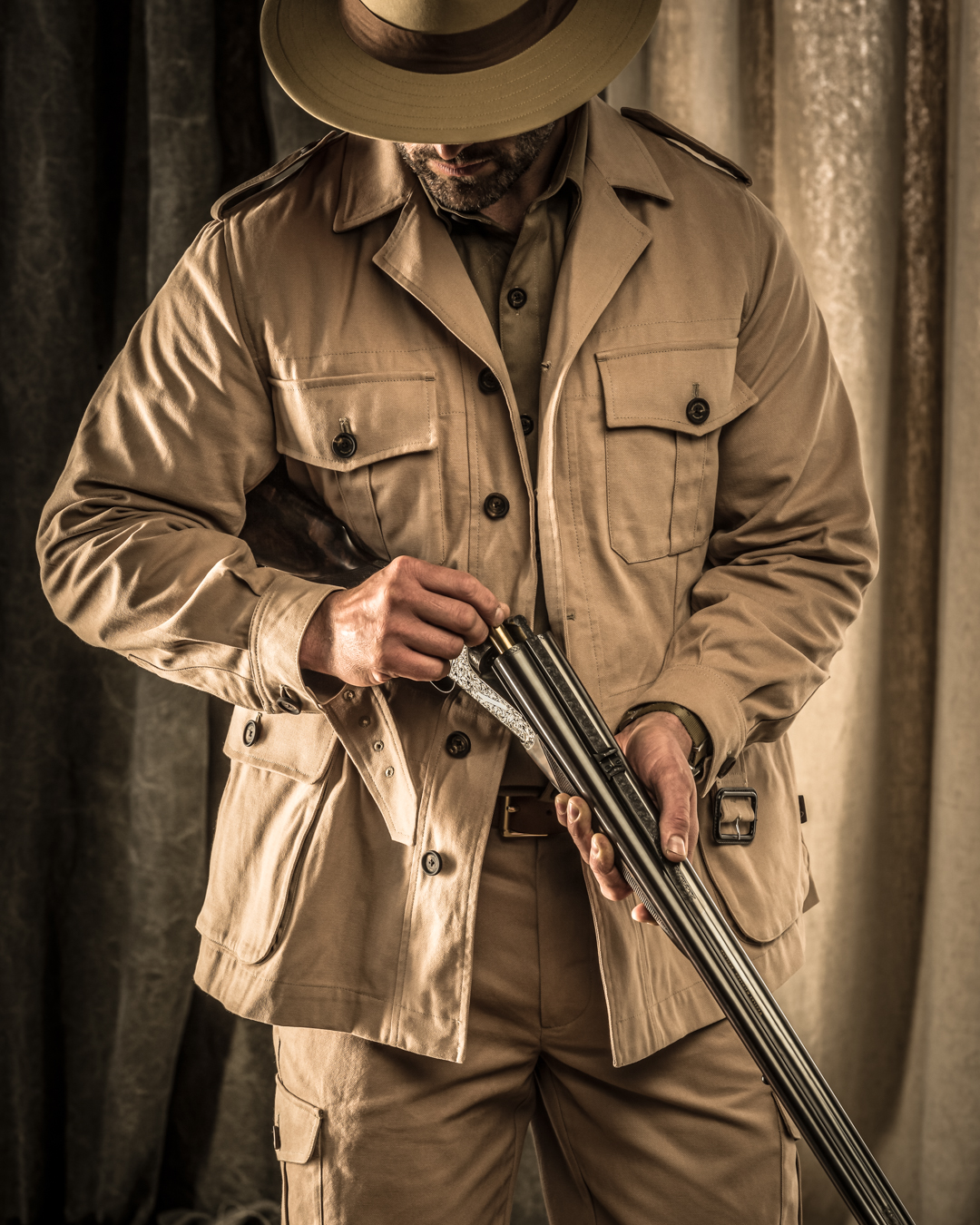
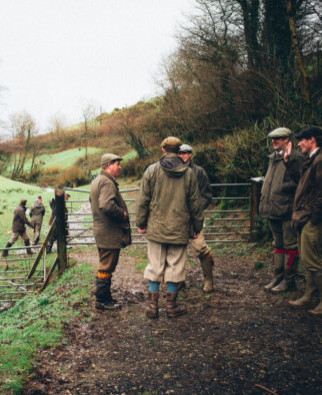
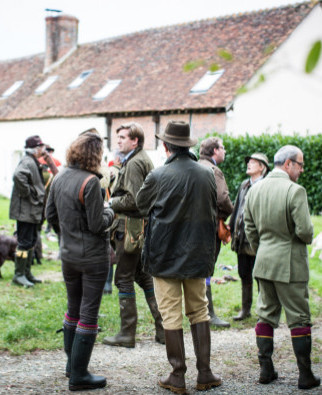
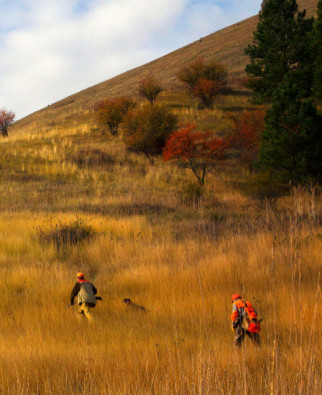
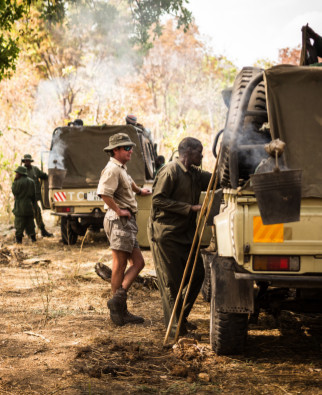
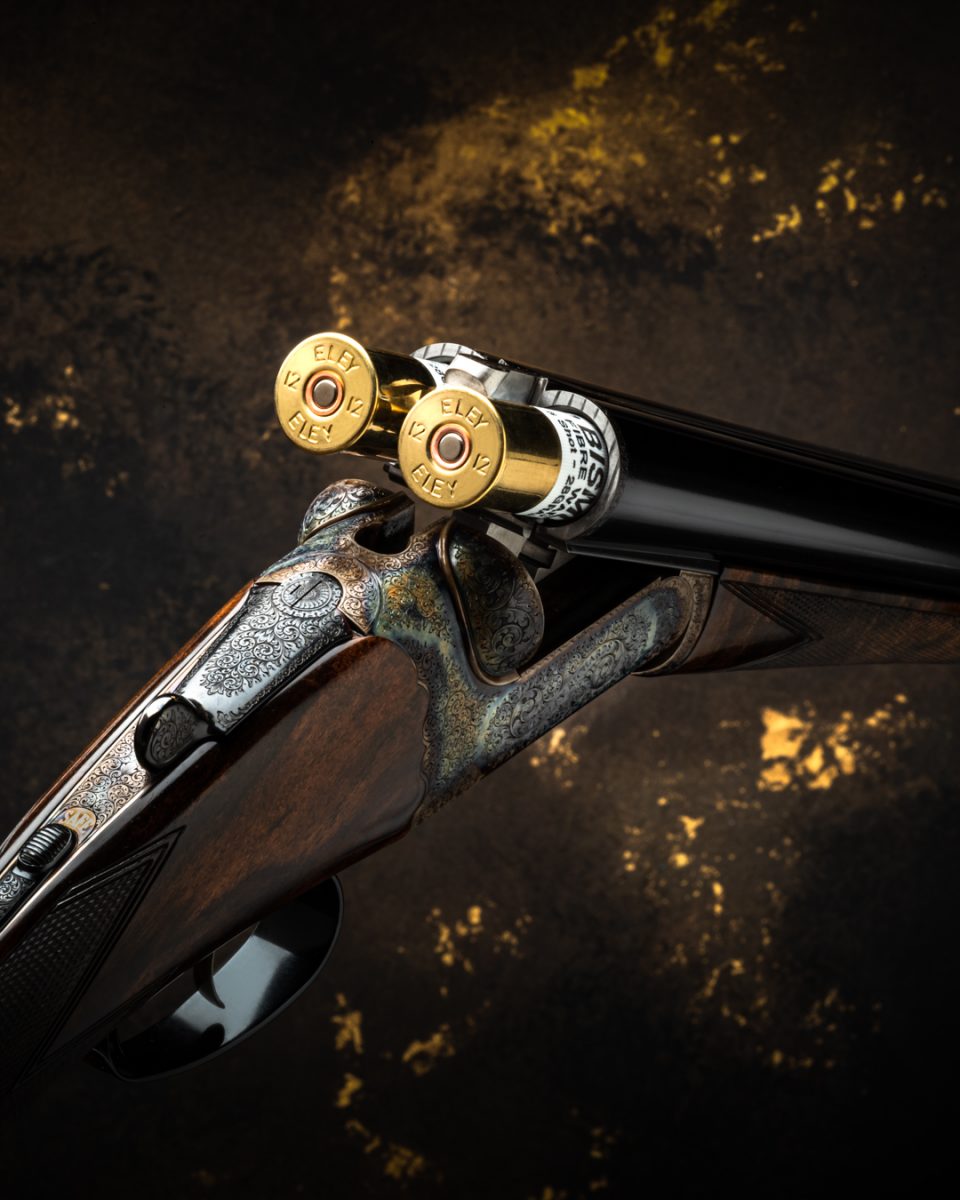
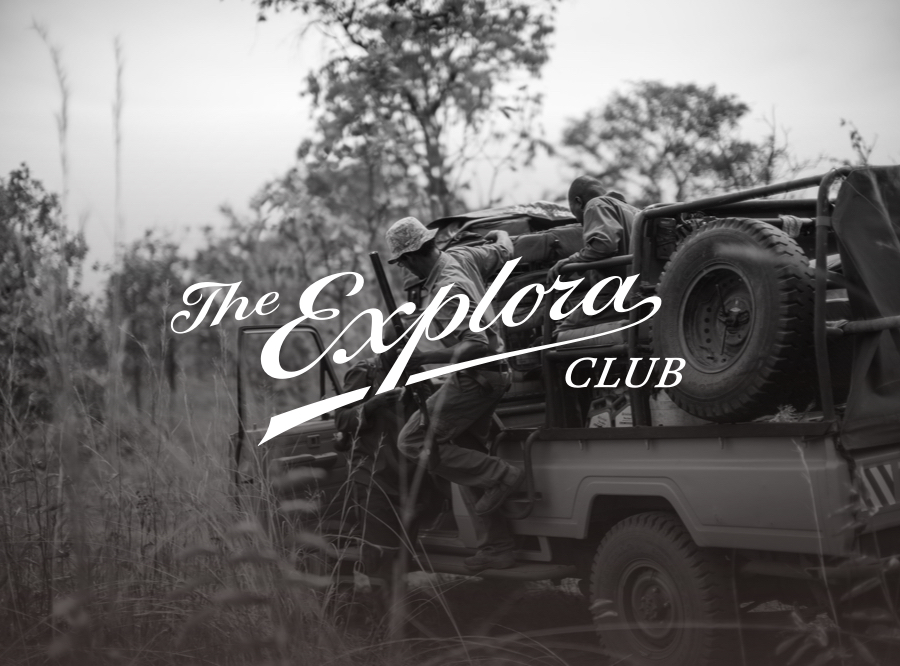
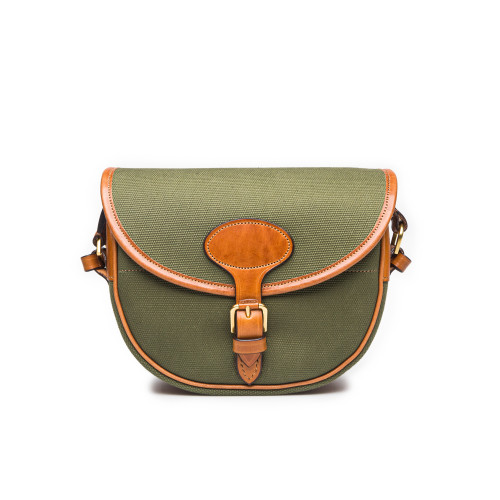
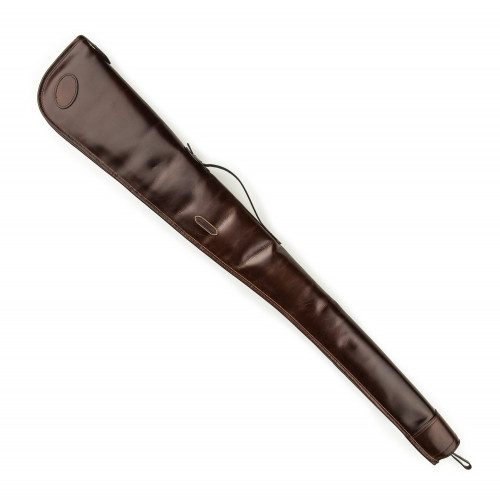
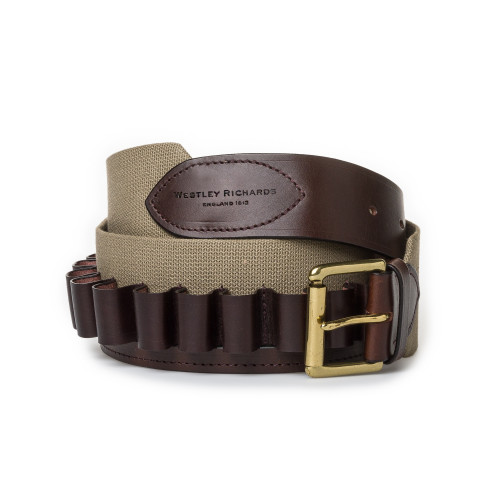
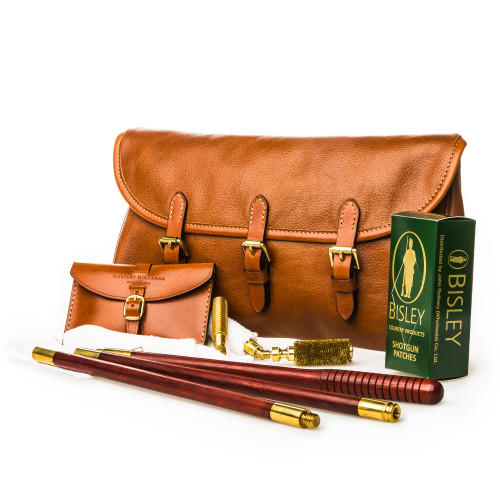
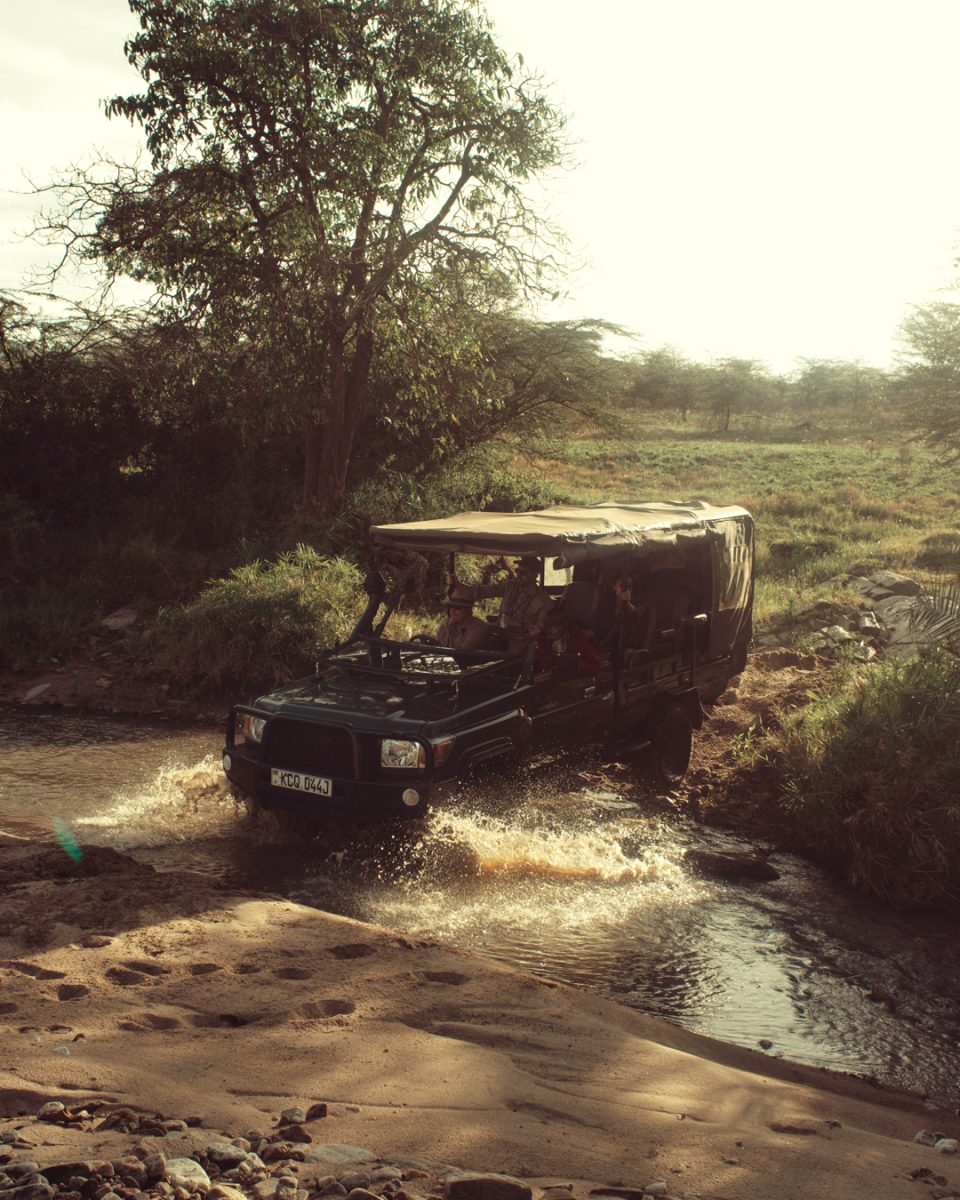
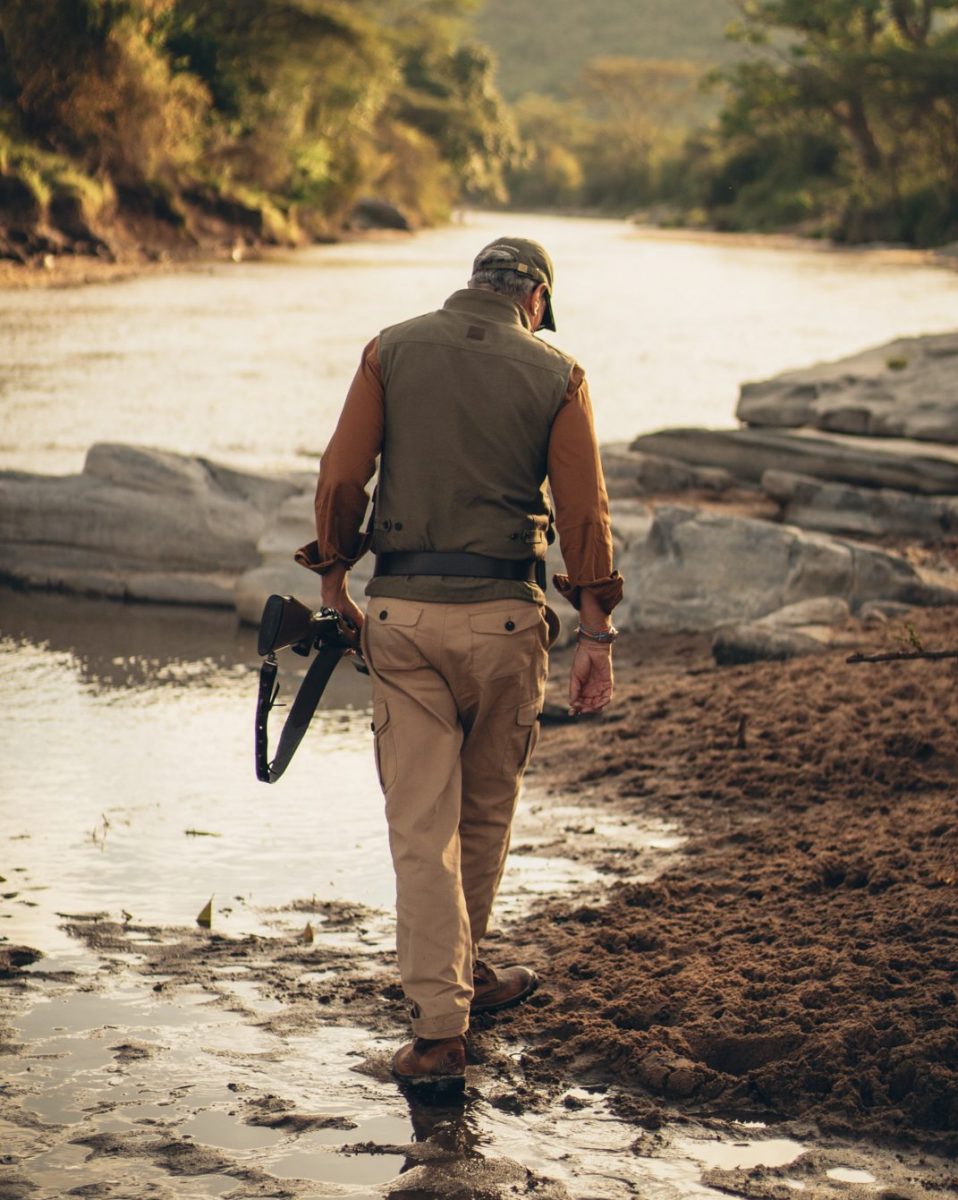
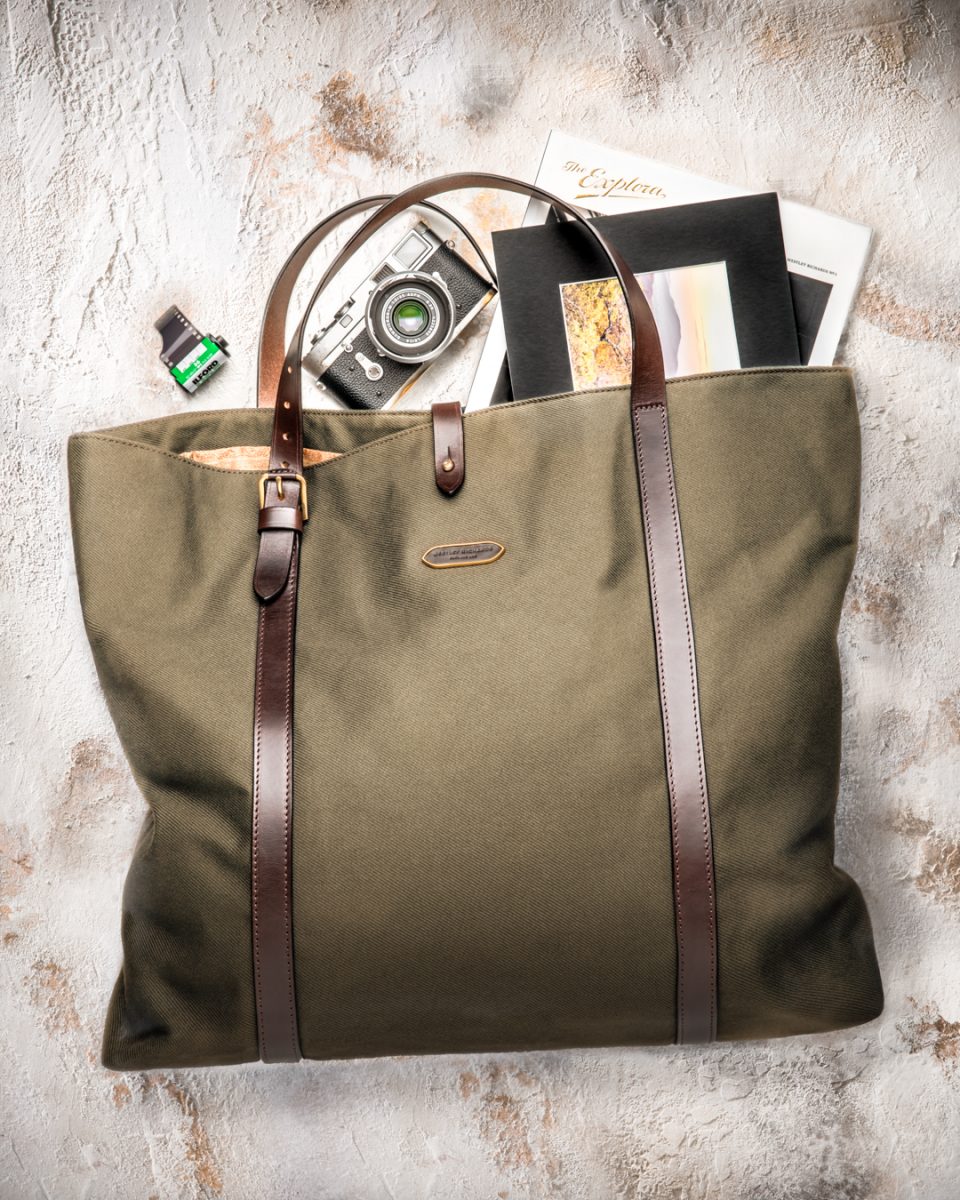
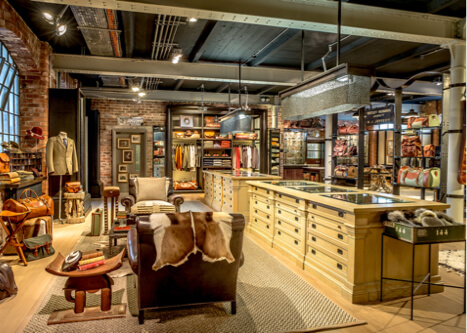
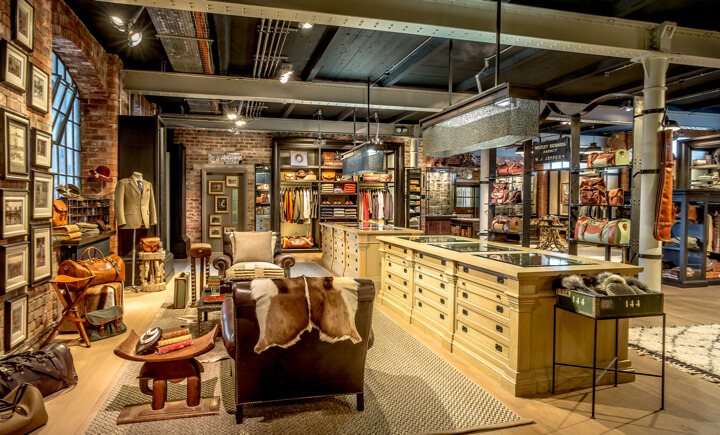
Thorkild Ellerbaek, journalist on January 28, 2022 at 9:55 am
"Despite claims of suitability coming from many interested parties, the use of steel shot in gun barrels not made for steel shot is not yet sufficiently well documented or tested to provide unequivocal data confirming that your gun will still be in the same condition it is now once you have fired 10,000 standard steel shells through it."
This is interesting but not at all surprising for us living, shooting and hunting in Denmark. We have been using steel since 1996 and also in our Engliush vintage guns. I have used it for many years and a well respected gunsmith I shoot with is doing the same. Actually we are many who shoot steel in old guns.
It is neccessary to be cautious off course. The gun need to be in good shape and the barrels not spoiled. Then we use (English manufactured) cartridges of no more than 28 grams and reasonable loaded. Open chokes and no more tha no. 4 shots. Shooting responsibly - as requested in Denmark - at no more tha 35 meters to birds we kill with a very satisfacory ratio. I should say, often much better ratio than described from UK shoots.
Maybe not 10.000 shots a year but we don't hold back. And our guns are ready for many more years with steel.
By the way: my gun is a Westley Richards from 1892 with damascus barrels. I also shoot a J. Blanch hammergun a few years older and some of my friends shoot older English guns.
Having been involved in the English debate I know that our 25+ years practical experience doesn't count much. But to say that the use of steel shot is not sufficiently documented is from here a very biased statement. You WILL shoot steel in the future if you want to shoot that is. Sustainabiliy and respect for the environment is a major issue among non-shooters. Here it also is among shooters/hunters.
I have professionally tested more the 150 shotguns over the years for Danish shooting magazines and i have this year published the first major book on shotguns in Danish.
Peter Harris on February 23, 2022 at 3:47 am
Once again a very interesting read .
I have been against the use of 'steel' shot since day one ,Lead if it is so toxic and damaging to wildlife and the environment why do we not see high mortality to Carrion ? I do not see the Countryside littered with dead Crows, Magpies and the like . I have asked on numerous occasions for the anti-lead people to show me evidence of the wildfowl killed by eating lead pellets , so far , no photographs , only unsubstantiated numbers !
Leonard Gant on July 25, 2022 at 7:12 am
We all know its policy now by the major shooting organisations, to phase out lead ammunition. However to put things into some sort of perspective, I was born in a three story Victorian house with lead pipes that were not changed until the 1960's. I lived through the leaded petrol era driving open cars and riding motorcycles on open roads and no doubt breathing in lead deposits from all those exhausts, I have eaten game shot with lead pellets and lead bullets for most of my life and have probably ingested pounds of the stuff and at 75 I am still here and in good health and as far as I know lead ammunition has never poisoned anyone (there is no evidence). I have to agree with Peter Harris, having never seen any bird exhibiting symptoms of poisoning, other than those poisoned with strychnine by shooting zealots, the same of course would apply to foxes and any other species eating carrion. There is a rumour, rumour of course, that the whole thing was started by anti shooting groups in the US picked up by the EU and now become policy in the UK. Unfortunately, most tend to believe what they are told by politicians, government bodies and pressure groups and without any real evidence to the contrary in some misguided concept that 'sustainable ammunition' will appease anti shooting pressures in the future.